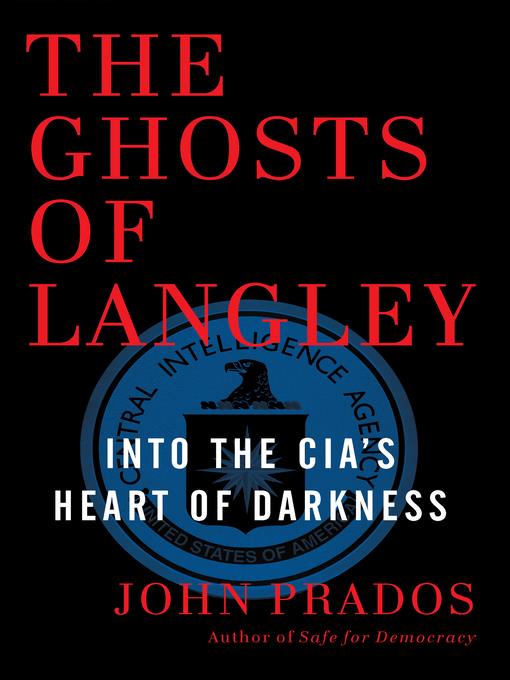
The Ghosts of Langley
Into the CIA's Heart of Darkness
کتاب های مرتبط
- اطلاعات
- نقد و بررسی
- دیدگاه کاربران
نقد و بررسی

September 11, 2017
Prados (Storm Over Leyte), a prolific military historian and senior fellow of the National Security Archive, unearths the ways in which the CIA, “over seven decades, has resisted—and finally decoupled itself from—government accountability.” The ghosts referred to in the title are individual CIA personalities who flashed across the firmament for a few years but whose spirits continue to inspire their successors. Their greatest collective accomplishment, Prados emphasizes, has been teaching the CIA how and why to operate free of oversight. He delivers scattershot biographies of CIA luminaries—including pioneers James Jesus Angleton, Allen Dulles, and Frank Wisner and more recent names such as Leon Panetta, David Petraeus, and George Tenet—and details the bureaucratic infighting that occurred alongside the Bay of Pigs, Iran-Contra, and Iraq War debacles. Prados admirably aims to highlight positive moments in agency history, but a primary motivation is to document the means spies have employed to “escape from criticism and accountability.” The book begins and ends by discussing the most current example: the tumult over torture that produced widespread media and congressional outrage. The Bush administration announced that the U.S. didn’t use torture and that torture was forbidden; CIA officials insisted that torture produces priceless information and then destroyed interrogation videos. The result supports Prados’s theme: the CIA remains free to torture. The American intelligence establishment’s yearning to outdo its rivals, both foreign and domestic, has produced a mixture of both genuine and comic-opera horrors that make for entertaining, if dismaying, accounts such as this one.

October 1, 2017
A history of the CIA told through an examination of the careers of its directors and other key figures.National Security Archive senior fellow Prados (Storm over Leyte: The Philippine Invasion and the Destruction of the Japanese Navy, 2016, etc.) has written about the CIA in many books and articles, including Safe for Democracy: The Secret Wars of the CIA (2006). Here, he sets out to describe "how the agency, over seven decades, has resisted--and finally decoupled itself from--government accountability." The author proceeds to lay out extensively detailed accounts of well-known agency disasters, from its inception through the Bay of Pigs to the "black sites" of the Iraq War and the subsequent attempts to cover them up or obscure blame. Unfortunately, he makes little effort to show how all this detail contributes to his thesis. Showers of facts cascade down, directors and "barons" come and go, covert ops succeed or fail, the agency is reorganized yet again, congressional and internal investigating committees compile reports that are released or suppressed--too much of the information has little obvious relevance to the author's asserted theme. Instead of taking a chronological approach, Prados groups the spymasters by what he considers their character types, resulting in considerable overlap in the presentation and a constantly shifting time frame that becomes difficult to follow. Further, the author presents the narrative in a loose, frivolous style poorly suited to what he would present as a very serious subject. The author's subjects are confusingly referenced by last name, first name, or nickname, according to his whim, agents are "spooks" and lawyers are "gunslingers," and idiom and sometimes-baffling metaphor substitute for carefully articulated assertions. Ultimately, Prados' prime contention remains unproven, not for lack of facts but for lack of incisive argument tying them together.A wearying journey through the spy agency's history that fails to take itself sufficiently seriously.
COPYRIGHT(2017) Kirkus Reviews, ALL RIGHTS RESERVED.

























دیدگاه کاربران